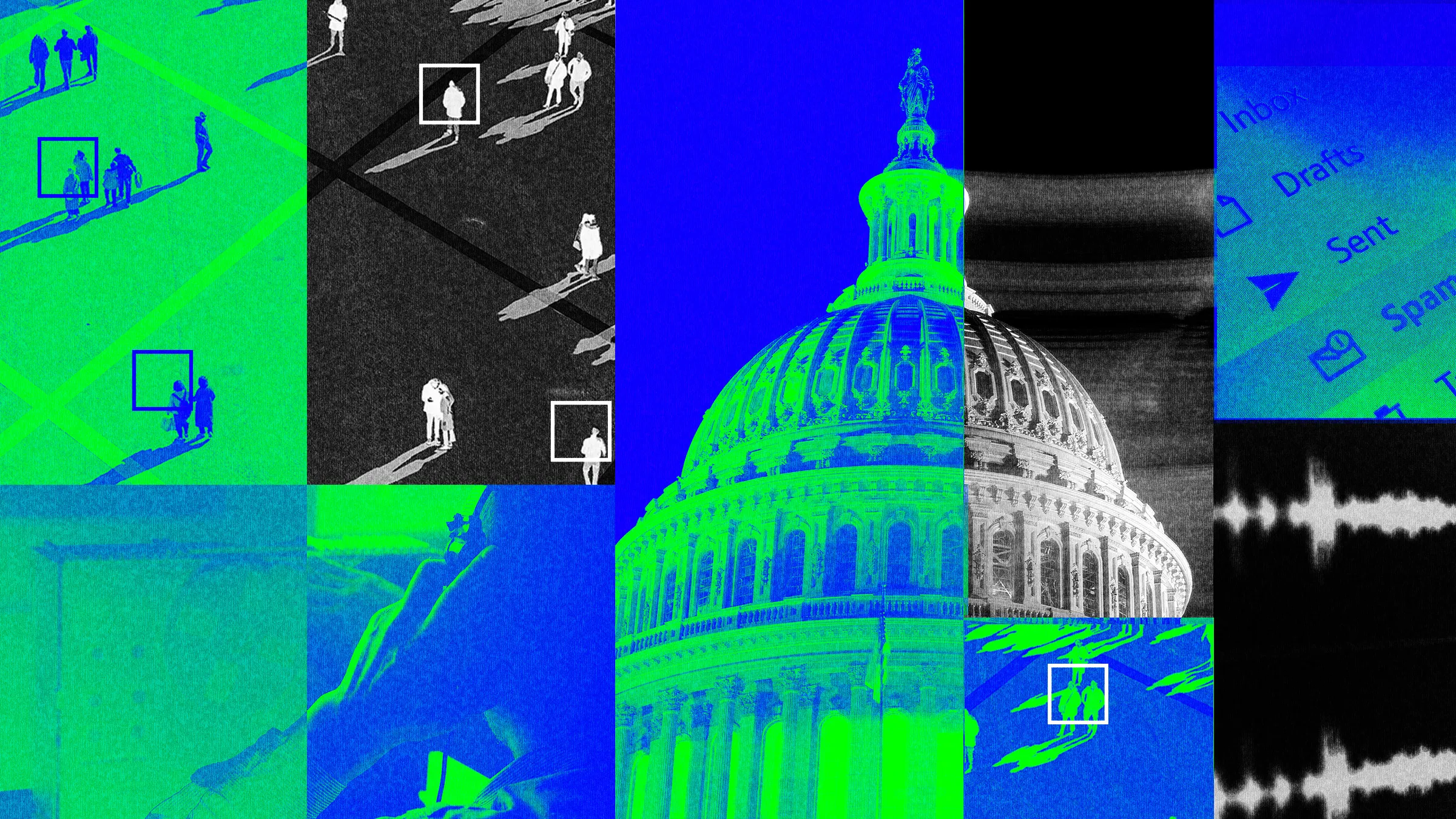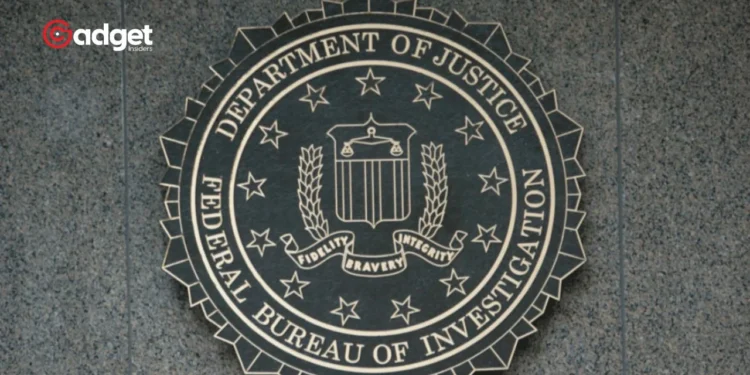In the labyrinth of national security, the fine line between safeguarding citizens and encroaching on their privacy often blurs. A recent revelation about the FBI’s use of warrantless wiretapping has sparked significant controversy and concern among privacy advocates and the general public alike.
This issue came to light following the leak of an internal FBI email that has raised eyebrows about how the agency might be pushing the boundaries of legal surveillance.

The Crux of the Controversy
At the heart of this controversy is Section 702 of the Foreign Intelligence Surveillance Act (FISA), a provision that allows the interception of foreign communications, which may also inadvertently include those involving American citizens.
While this program is designed with safeguards to prevent misuse, a leaked email dated April 20, penned by FBI Deputy Director Paul Abbate, suggests a different narrative.
The email, aimed at FBI employees, stressed the importance of utilizing Section 702 to its fullest extent to uphold the bureau’s mission. Notably, Abbate emphasized the need for compliance with legal standards, yet his message also hinted at an aggressive approach to tapping into communications, including those of U.S. persons.
“I urge everyone to continue to look for ways to appropriately use US person queries to advance the mission,” Abbate wrote, underscoring this directive with a mention of a new pre-approval requirement designed to ensure these queries are lawful.
similar scrutiny by the FBI, attracting controversy at the same time for the involvement of Moe Dalitz and his mobster associates, but simultaneously called for the prosecution of the FBI for illegal wiretapping.
The Desert Inn's most famous guest, businessman Howard Hughes, pic.twitter.com/7byxMFOCpD
— David Cranmer Underdown (@DavidCranmerUn1) April 23, 2024
The FBI’s Stance and Public Backlash
Following the exposure of the email by Wired, the FBI was quick to defend its actions. In a statement, FBI spokesperson Susan McKee claimed that the reporting by Wired mischaracterized the bureau’s directives, insisting that Abbate’s email merely highlighted the “vital importance” of FISA Section 702 in protecting Americans, aligning with newly instituted privacy-enhancing legal adjustments.

However, not everyone is convinced by the FBI’s reassurances. Criticism has come from various quarters, including Congress.
Representative Zoe Lofgren, a California Democrat, pointed out that the contents of the leaked email contradict previous assertions by the FBI regarding its adherence to legal boundaries, suggesting a possible overreach in the use of surveillance powers granted under Section 702.
The Bigger Picture
The renewal of Section 702 last month was not without controversy. Despite the opposition from a minority of lawmakers who challenged its implications on privacy, the program was reauthorized, following what some critics describe as fearmongering by national security advocates on Capitol Hill.
The FBI’s recent email leak further complicates the narrative, revealing a potentially more aggressive stance towards surveillance than previously acknowledged.

A debate that has been going on for a long time about how to strike a balance between the requirements of national security and the safeguarding of civil liberties is echoed by this evolving scenario.
As a result of the recent maneuverings of the Federal Bureau of Investigation (FBI), the conversation is expected to become more intense, as will the scrutiny of how the government exercises its monitoring powers.
In the shadowy realms of espionage and counterespionage, the line between right and wrong is often nebulous. As this latest chapter in the saga of American surveillance unfolds, it serves as a stark reminder of the complexities and challenges that lie at the intersection of technology, law, and ethics in the modern age.
As we continue to navigate these murky waters, the pivotal question remains: How do we protect our nation while also safeguarding the freedoms upon which it was built?










